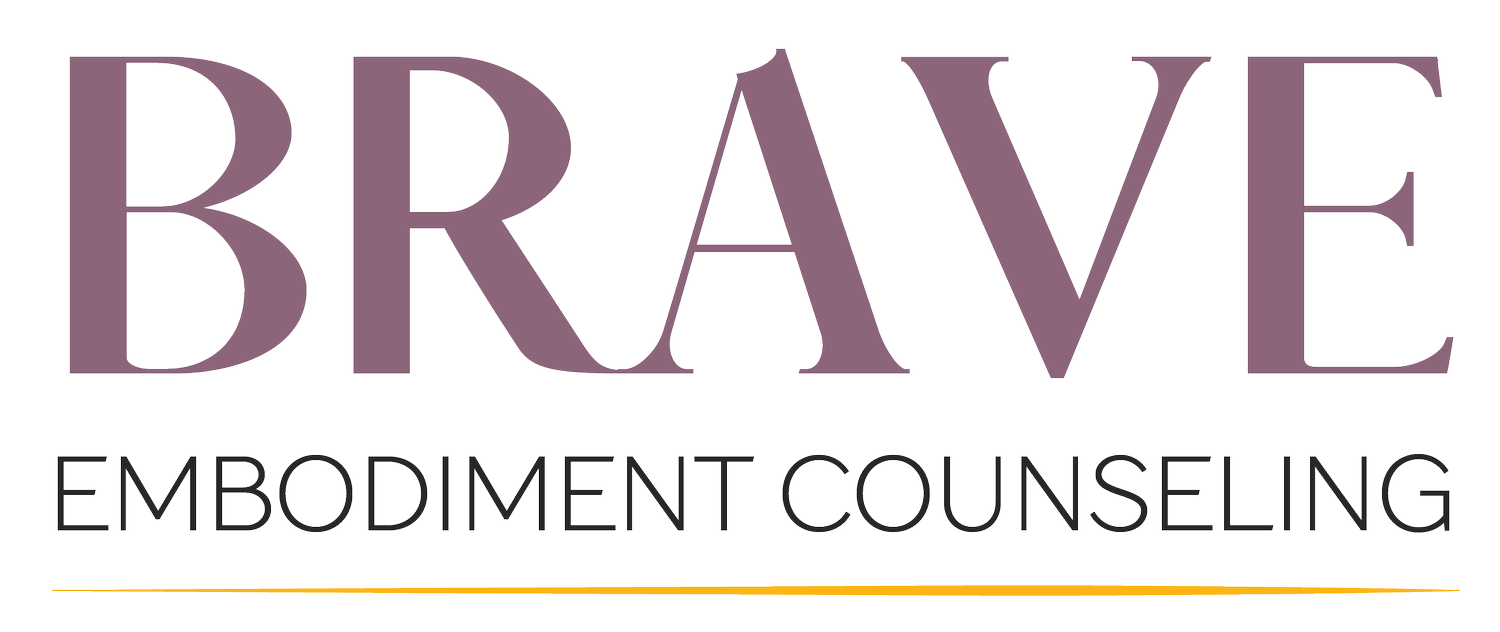5 Tips on Reducing & Managing Stress
What is Stress?
Have you noticed yourself feeling more stressed lately? If so, you are definitely not alone.
The month of April can be particularly stressful for folks for a variety of reasons like…
The financial stress of tax season
The end of school approaching
Continuing to adjust to the seasonal shift
Work demands increasing as companies wrap up the fiscal quarters & prepare for seasonal business activity
The planning of Summer travel
Increased social pressures or people wanting to get together more
There’s a lot going on in April which means the potential for stress or becoming “stressed out” increases. So...what really is stress anyway?
Stress is our psychological AND physiological reaction to an event, condition or circumstance that is considered a threat or challenge by your brain and nervous system. In other words, stress is your internal system’s reaction to a stressor.
Stressors are different for each person and so are stress responses which means what you find stressful, someone else might not and vice versa. Every person is UNIQUE because of differing genetics and the varying environments that they have experienced.
Stress exists on a spectrum with "present/regulated" on one end and "stressed/dysregulated" on the other end. Stress manifests in the body as strain, tension, constriction or pressure so folks who are stressed will often experience symptoms like:
Headaches/migraines
Muscle tension/pain
Low energy/fatigue
Anxiety and/or depression
Sleep difficulties
Irritability/anger
Digestive problems
Difficulty concentrating and/or making decisions
Withdrawal/isolation
Increased substance use
Frequent colds and infections
Loss of sexual desire
But, try not to worry too much because another truth is that ALL humans experience stress. It’s unavoidable so you aren’t doing anything wrong if you are feeling stressed, and the good news is there are ways to reduce and manage stress so you don’t have to keep feeling so crappy. Head to the next section to get 5 tips on managing stress from your Brave Embodiment therapists!
5 Tips on Reducing & Managing Stress
Managing and reducing stress is about changing the way you relate to the stressors in your life. At the moment, your nervous system is “handling” those stressors by taking you into a survival state (fight, flight, freeze, flop) which is EXHAUSTING. But as humans, we do have the ability to slow down this reactiveness (by using the tools below) and ultimately shift our relationship with stressors.
Learn about stress and in particular about the neurobiology of stress so you have a clear understanding of what is happening in your brain and body when you’re stressed. Learning and integrating this information is a tool in itself because it helps us separate and regulate the feelings of stress.
Complete your stress cycles! A big reason why we end up feeling so stressed is because a fight, flight, freeze or flop response was started within the nervous system/body but it wasn’t able to finish (for a variety of reasons). Coming back and purposefully finishing the stress cycle that got started helps the energy of that stress response move OUT of the body vs. being bound up in the body.
Ways to complete the stress cycle: physical activity, social connection, physical affection, deep breathing, crying, laughing, creativity, somatic therapy and practices
Mindfulness reduces stress by fostering an increased awareness of the present moment, which helps break cycles of reactivity to stressors. It also helps induce the body’s relaxation response, lowering stress-related physiological responses like heart rate and blood pressure. Regular mindfulness practice enhances emotional regulation and builds resilience, equipping you to manage future stressors more effectively and improves your overall well-being.
Emotions and stress live in the body, therefore it’s imperative to learn how to be in your body in order to better manage stress and heal from the effects of stress. Finding and commiting to a regular embodiment practice (i.e. being in your body) is key to reducing and managing stress.
Embodiment practice ideas: yoga, dance movement therapy, some forms of pilates, tai chi, qigong, body scan meditation, bioenergetics, rolfing, ecstatic dance, mindful walking, somatic therapy, etc.
Self-compassion reduces stress by promoting a kind, non-judgmental attitude towards yourself which lowers emotional reactivity and self-criticism. It fosters resilience, making it easier to bounce back from setbacks and encourages self-care practices vital for managing stress. Fostering self-compassion helps you become a supportive ally to yourself, enhancing your emotional flexibility and building a more positive mindset which helps you navigate stressors with a greater sense of ease and effectiveness.
Check out this 5 minute guided self-compassion break by Dr. Kristen Neff to see how it feels! https://self-compassion.org/self-compassion-practices/#guided-practices
Therapist Highlight: Cassandra
Meet the thoughtful and warm Cassandra Peterson.
Casandra is a Licensed Professional Counselor in the state of Colorado. She believes believes balance is an essential component to wellness and takes an a very warm and collaborative approach when working with people.
In the past Cassandra has worked with a wide range of concerns including stress, depression, anxiety, trauma and disordered eating. She has also worked in multiple levels of care including outpatient, intensive outpatient, partial hospitalization and residential.
Cassandra is trained in Dialectical Behavior Therapy (DBT), Acceptance and Commitment Therapy (ACT), and Person-Centered Therapy. She intuitively integrates these different methods and fosters growth by providing a nonjudgmental environment, insightful questioning, attentive listening, genuine support and an openness to wherever someone is at in their journey.
Currently, Cassandra specializes in...
Offering and helping folks integrate effective coping skills for stress, anxiety and life changes
Guiding folks to build self-esteem, self-compassion and self-acceptance
Helping folks to strengthen the relationship between mind and body
Cassandra as a person↓
Personality: passionate, loving and creative
Activities: yoga, running, hiking, brunch, going to the beach, boating, photography and traveling
Travels: Cassandra loves to travel and currently has her eye on Switzerland, Thailand and New Zealand
Animals: Cassandra is an animal lover and her current favorites are French bulldogs and otters
Connect with us for a consultation at info@bravecounseling.com or 720-923-3033.

